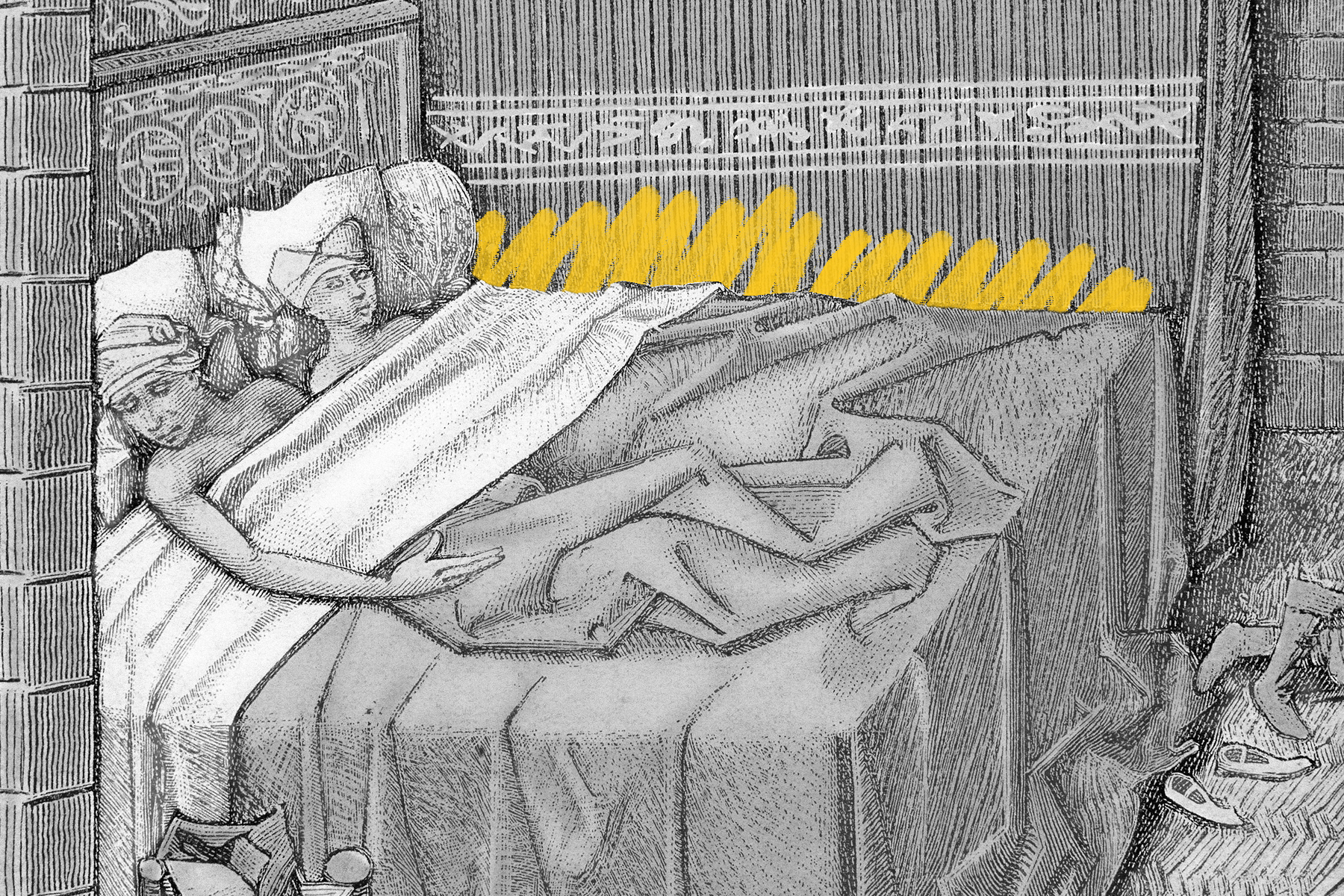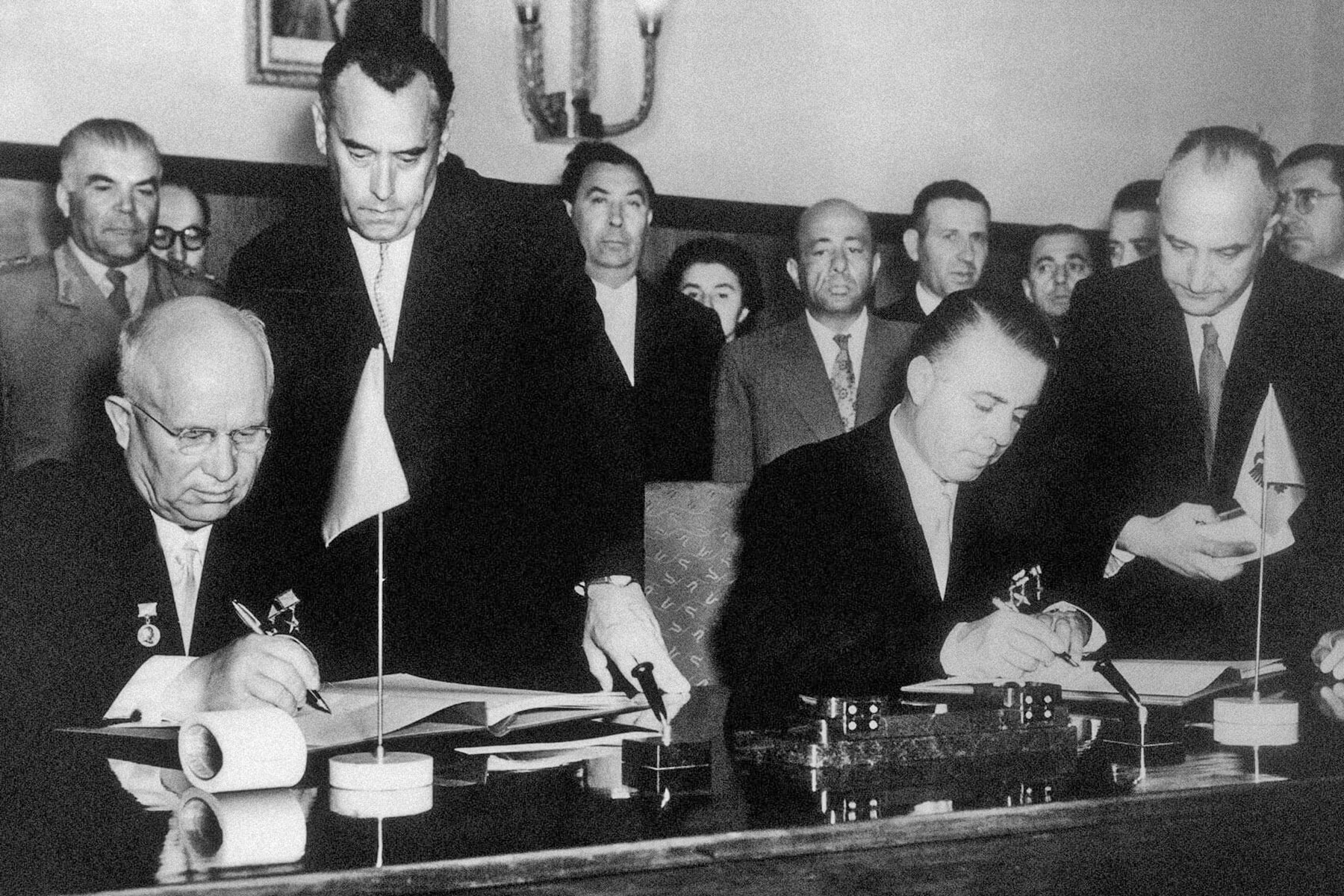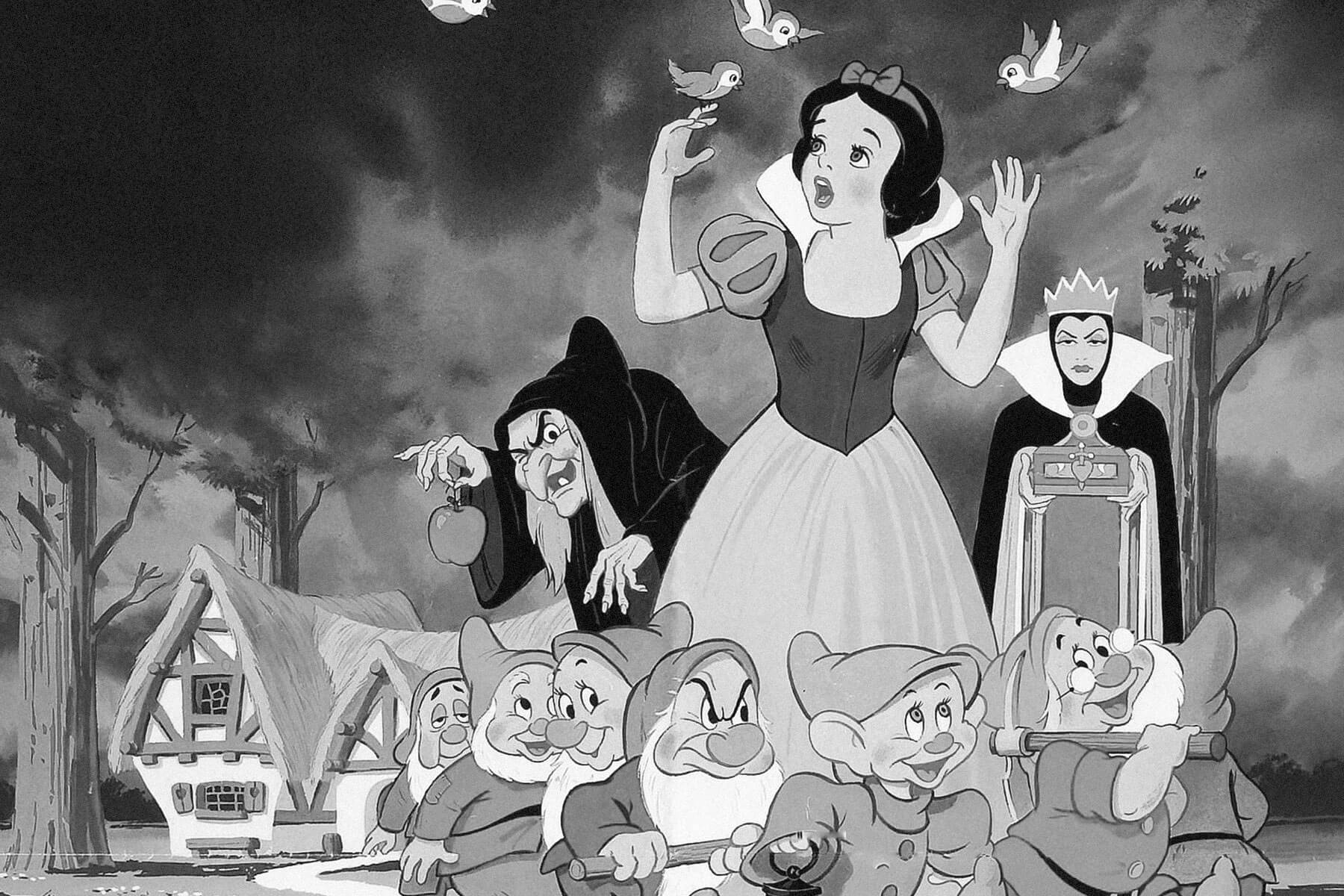 |
Communal sleep was the norm in the Middle Ages. |
World History |
 |
| |
| The practice extended to inns and other roadside accommodations, where the individual rooms we enjoy today were much less common and complete strangers were often strange bedfellows for the night. This certainly came with its downsides — you never know how hygienic a fellow traveler might be, to say nothing of whether or not they snore — but "social sleeping" also led to many a late-night conversation that even nobles who could afford their own beds actively sought out. | |
 | |
 | |||
| |||
Stay Warm and Cozy This Winter With Mongolian Cashmere | |||
| Thank you for supporting our sponsors! They help us keep History Facts free. |
 | |||||||||
By the Numbers | |||||||||
| |||||||||
| |||||||||
 | |||||||||
| |||||||||
Some people dream in black and white. | |||||||||
| It wasn't just broadcast quality that changed when color television became commonplace in the middle of the 20th century. Dreams changed, too. Three-quarters of Americans rarely or never saw color in their dreams as recently as the 1940s, a number that shrunk to just 12% by a 2008 study. It's believed that color TV is the reason. Perhaps tellingly, the majority of respondents who said they sometimes dreamt in black and white were 55 or older, and grew up with limited access to a technology that has since become ubiquitous. | |||||||||
 | |||
Recommended Reading | |||
 | |||
| | |||
 | |||
| | |||
| + Load more | |||
| |||||||||
| 700 N Colorado Blvd, #513, Denver, CO 80206 | |||||||||






No comments:
Post a Comment